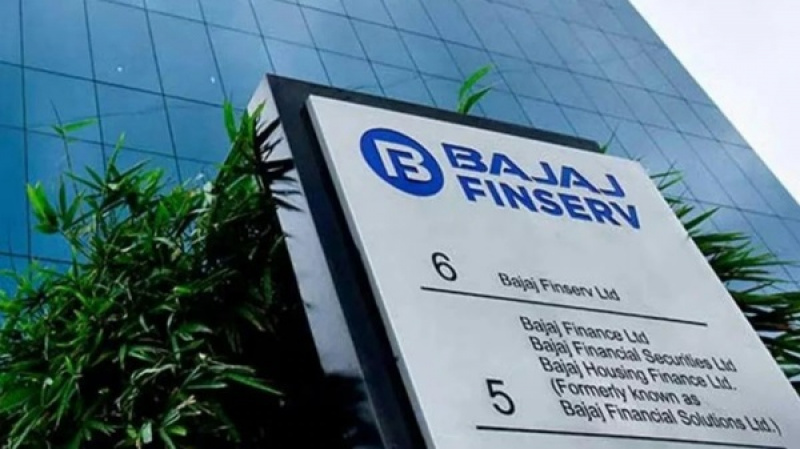Which are the failed startups of 2017 in India?
Cardback: Launched in 2012, the fintech startup raised $170K in a funding in 2014. It was a payment recommendation platform which helps debit, credit and
- by Vandita Jadeja 2018-03-28 04:57:43
The start of 2017 saw many new names that garnered attention as new Indian startups. But even the million dollar funding and years of planning could not help them avoid their demise in 2017. In 2016, a number of startups failed due to the lack of funding but 2017 saw a lack of market demand which was the primary reason for the startup shutdowns. A survey cited that about 25% of Indian startups found themselves in the valley of death due to failure in funding rounds. Other reasons include weak business model, failure to scale, high cash burn and GST rollout. Failed startups in 2017:
-
Cardback: Launched in 2012, the fintech startup raised $170K in a funding in 2014. It was a payment recommendation platform which helps debit, credit and prepaid cardholders to save decent bucks every time they make a payment. It shut down due to the inability to raise funds and lack of demand.
-
Stayzilla: Launched in 2005, Stayzilla is a hotel aggregator which was launched as on online travel agency for hotel bookings named as Inasra. Later, it was converted into a hotel aggregator model. It raised $33.5 million in three funding rounds and was shut down in 2017 due to the inability to expand quickly, lack of local network effect and low revenues.
-
FabFurnish: Fabfurnish was launched in 2011 in the category of online furniture. It raised $30 million in funding since inception. It acted as an online shopping destination for furniture with a range of products. It had to draw curtains in 2017 as Future Group was unable to merge with HomeTown as per the plan and it was decided to shutdown Fabfurnish to focus on only one brand.
-
Taskbob: Taskbob was launched in 2015 and offered hyperlocal services. It raised $5.7 million in two rounds of funding. Started with a vision of creating happy households, it facilitated high-quality home services for customers while driving higher productivity for servicemen. A reason for its shutdown was the inability to scale itself and achieve profitability due to low margins in the business.
-
Finomena: The Fintech startup was launched in 2015 and uses to apply alternate data sources in order to evaluate creditworthiness of borrowers. It enabled borrowers to purchase high-value phones, consumer electronics and laptops through easy instalments or financing options. It shut down the operations due to lack of funding and the inability to raise the follow-on funding round.
-
HotelsAroundYou: Launched in 2013, the startup raised an undisclosed amount of seed funding and was a last minute hotel booking platform. It closed its operations due to financial crunch and the inability to raise the follow-up round.
-
Overcart: The startup was launched in 2012 and provided refurbished e-commerce. It raised $3 million in 2016. It was an e-commerce marketplace for overstock, unboxed and pre-owned products. The website is not available anymore.
-
Roder: Roder was an intercity cab aggregator which raised a seed round of $350K in 2015 and later raised $250K in another round in 2016. Roder used to offer intercity on demand cabs and was aimed towards revolutionizing the travel between cities. It closed its operations due to low repeat rate for outstation travel and rising customer acquisition costs.
-
Roomstonite: The online hotel booking website was launched in 2015 as a last minute hotel booking app. It helped sellers sell unsold rooms and allowed users to make hotel booking instantly. The main reason for shut down was the lack of funds.
-
Shopo: Shopo was registered as a separate entity for Snapdeal in 2013 and was relaunched in 2015. The affiliate marketplace was backed by Sequoia Capital. It was a marketplace for contemporary and traditional Indian designers and homemade stuff. It shut down in 2017 due to losses and high costs of operation.
POPULAR POSTS
From Seed to Scale: Understanding the 7 Startup Funding Stages
by B2B Desk, 2024-07-26 10:37:55
Top Ecommerce Trends in 2024: What You Need to Know
by B2B Desk, 2024-07-25 09:02:18
BluSmart Secures $24M from MS Dhoni’s Family Office and ReNew CEO
by B2B Desk, 2024-07-15 11:45:36
Top Startup Companies in Hyderabad You Should Know About
by B2B Desk, 2024-07-12 09:01:27
Spend management Dice startup secures $5M funding from Dallas Venture Capital
by B2B Desk, 2024-07-04 06:18:18
Unpacking Zomato Business Model: How It Revolutionized Food Delivery
by B2B Desk, 2024-07-02 09:04:18
Top 5 cloud kitchen franchise in India: You should know
by B2B Desk, 2024-06-24 12:40:06
RECENTLY PUBLISHED

Paytm Secures Government Approval for Investment in Payments Division
- by B2B Desk, 2024-07-26 11:28:31

Introducing Bajaj Finserv AMC's New Fund: Focused on 25-30 Largecap Stocks
- by B2B Desk, 2024-07-25 12:47:43

Essential Business Management Software: Tools Every Business Should Consider
- by B2B Desk, 2024-07-25 10:33:09

Agristack: Revolutionizing Agriculture with Budget 2024's Digital Initiative
- by B2B Desk, 2024-07-24 12:41:45

Infosys Boosts Innovation Strategy with €5M Investment in UVC Partners
- by B2B Desk, 2024-07-24 07:36:42



 Subscribe now
Subscribe now 